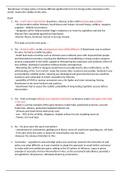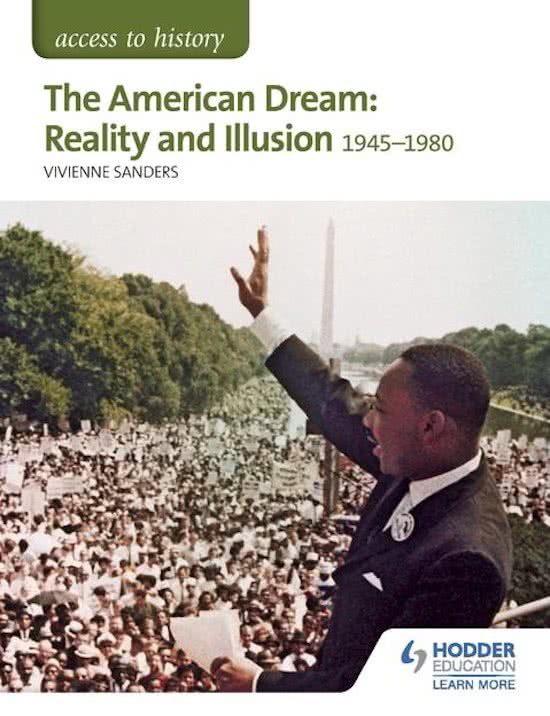Judgments
Bullet Point Essay - Thesis and Antithesis on Eisenhower's Cold War Foreign Policy Approach
- Institution
- AQA
This isn't a proper essay but uses a bullet point format to present a thorough conclusion in response to the A-Level example exam question at hand (provided in textbook). A thorough exploration of Eisenhower's foreign policy with plenty of key words and techniques. I achieved an A* rated essay aft...
[Show more]





